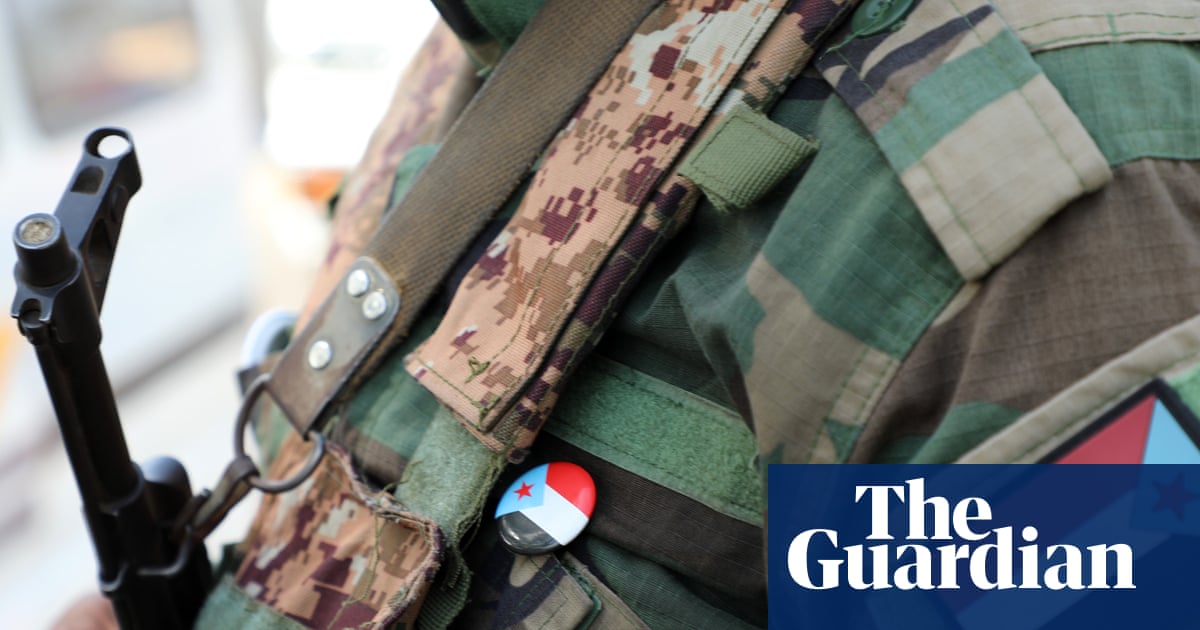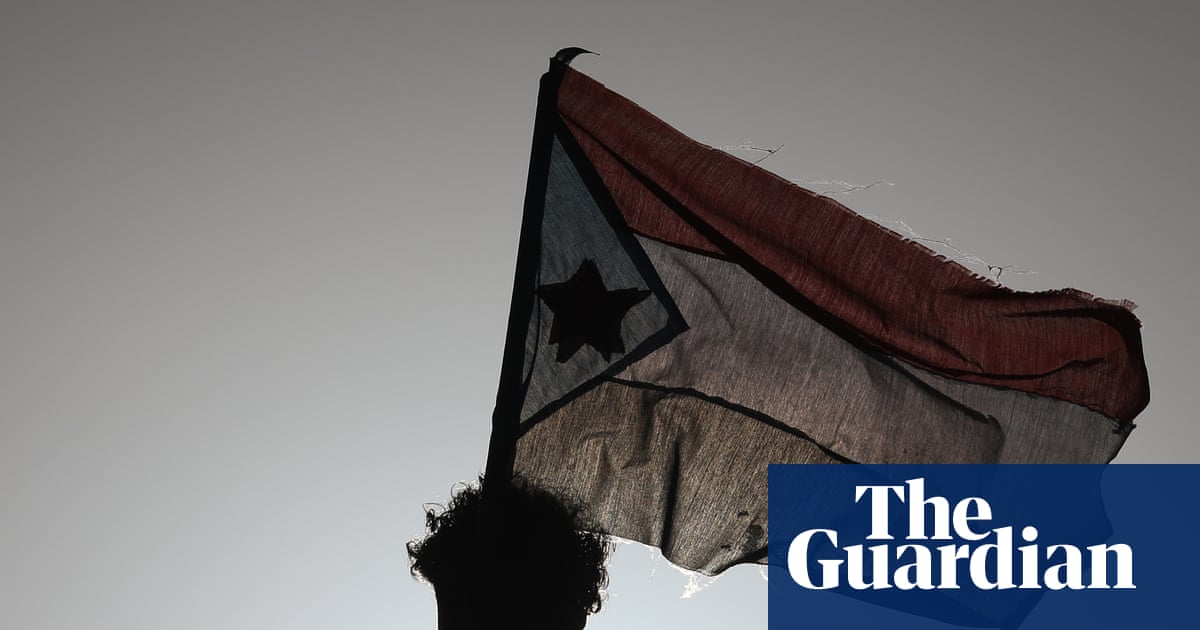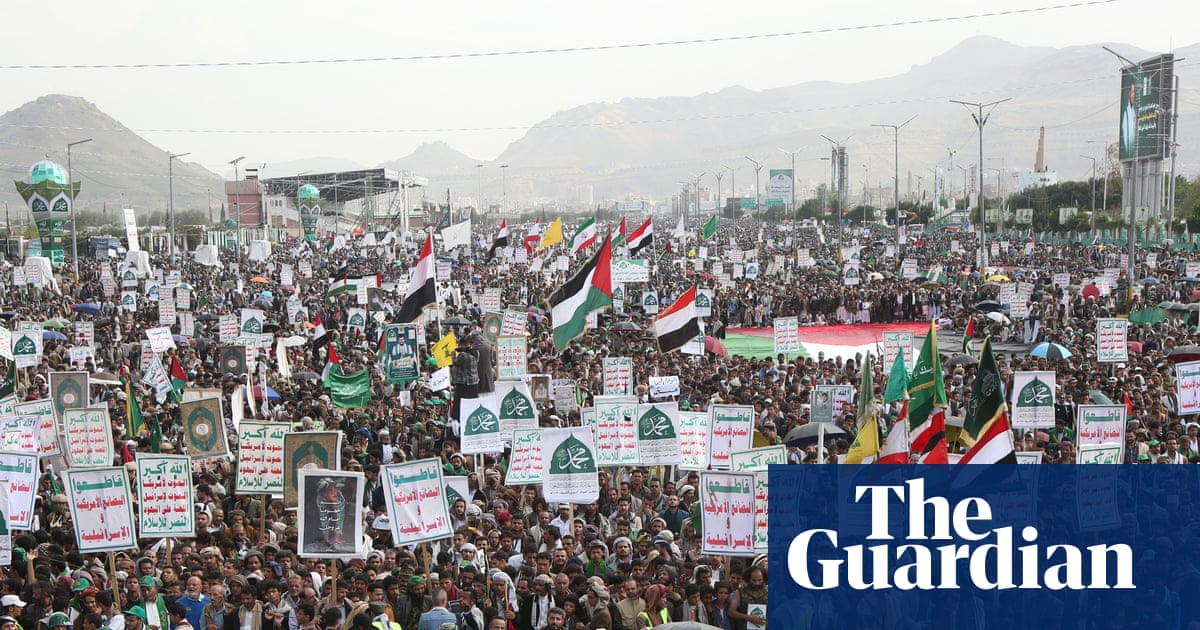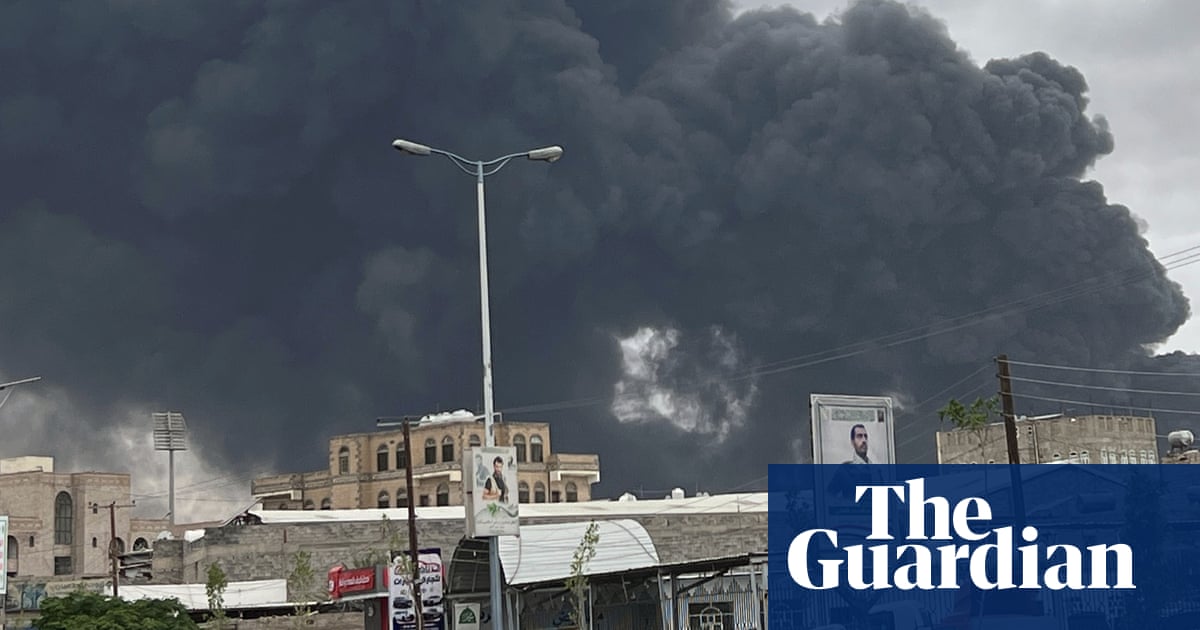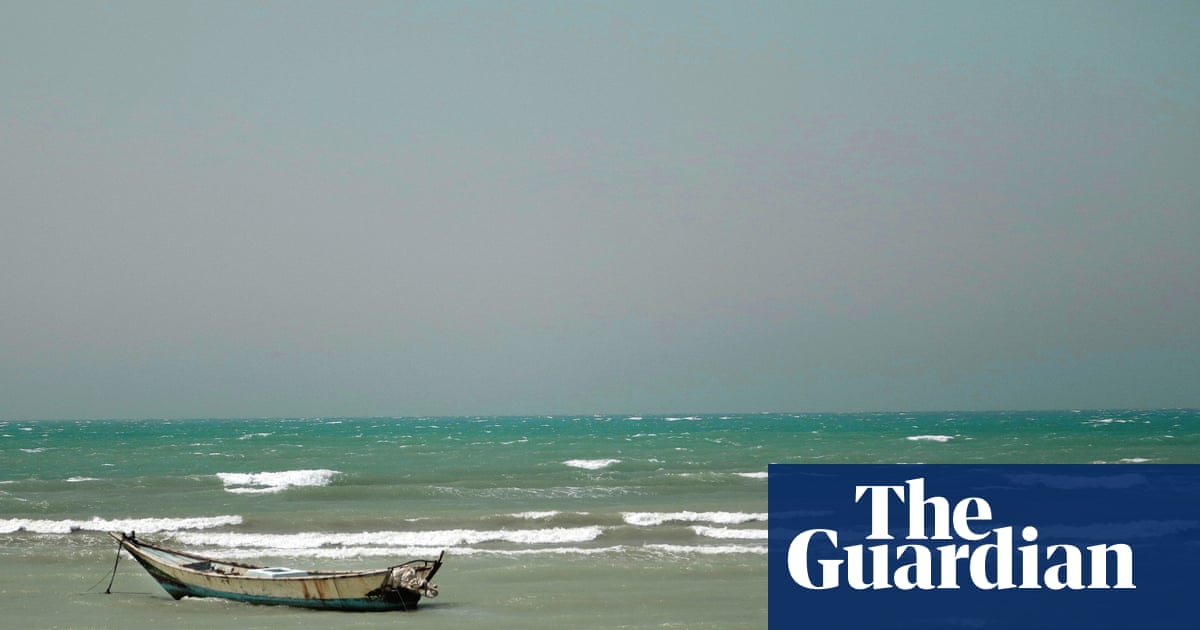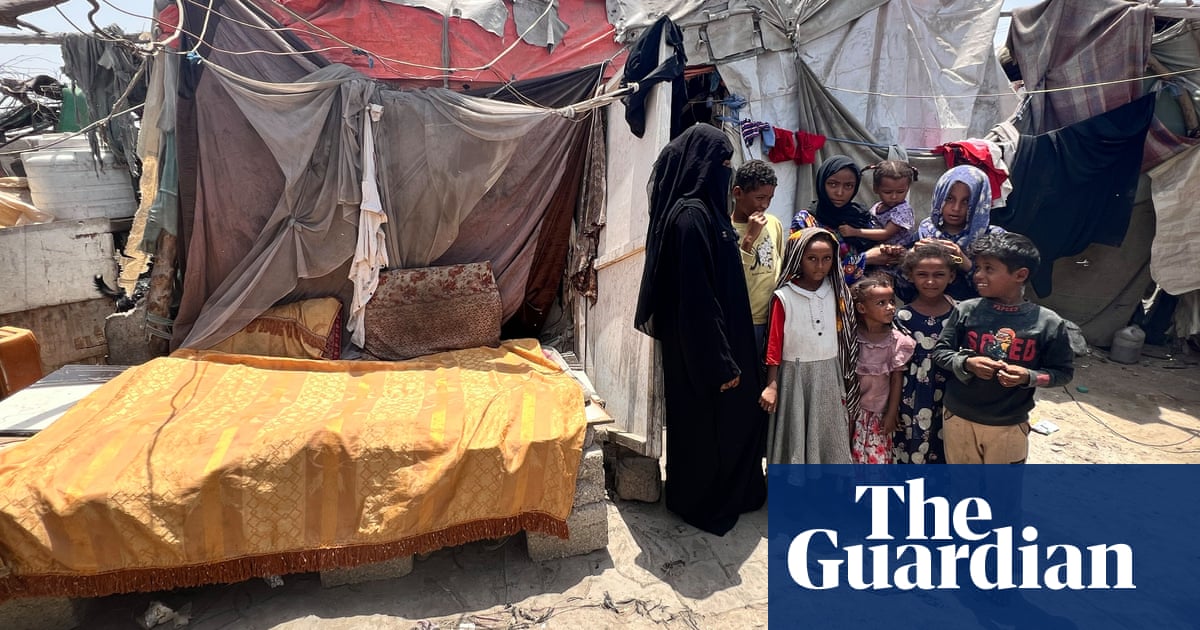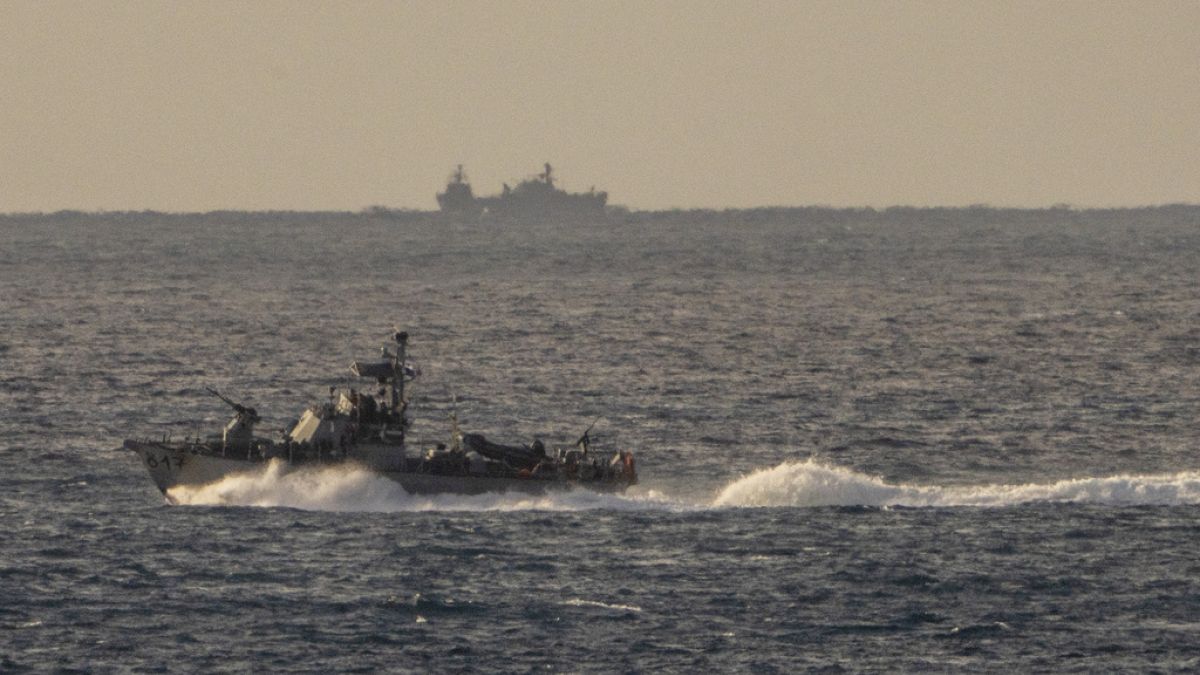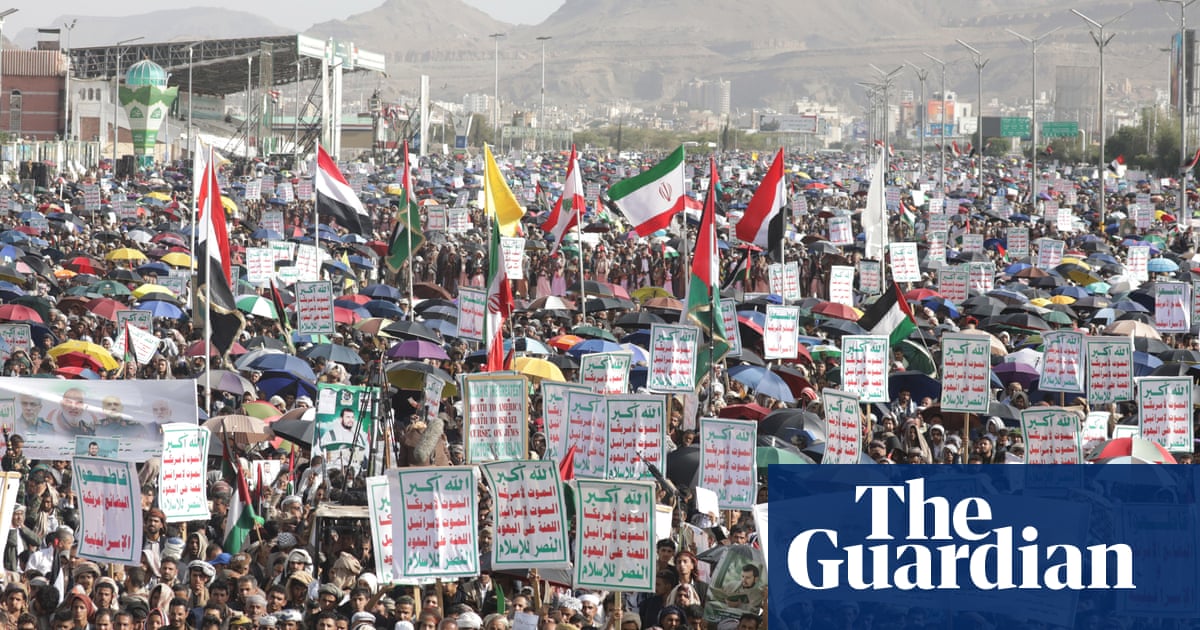fromwww.aljazeera.com
2 days agoHope flickers as lights return to war-scarred Aden
The lights are on in Aden at least for most of the day. The apparently mundane detail is a huge difference for people in the southern Yemeni port city, which for years has suffered from extensive electricity blackouts, and a sign that something has changed. It was noticeable enough for Saleh Taher, who lives in the Yemeni capital, Sanaa, to comment on after making a recent visit to Aden.
World news








